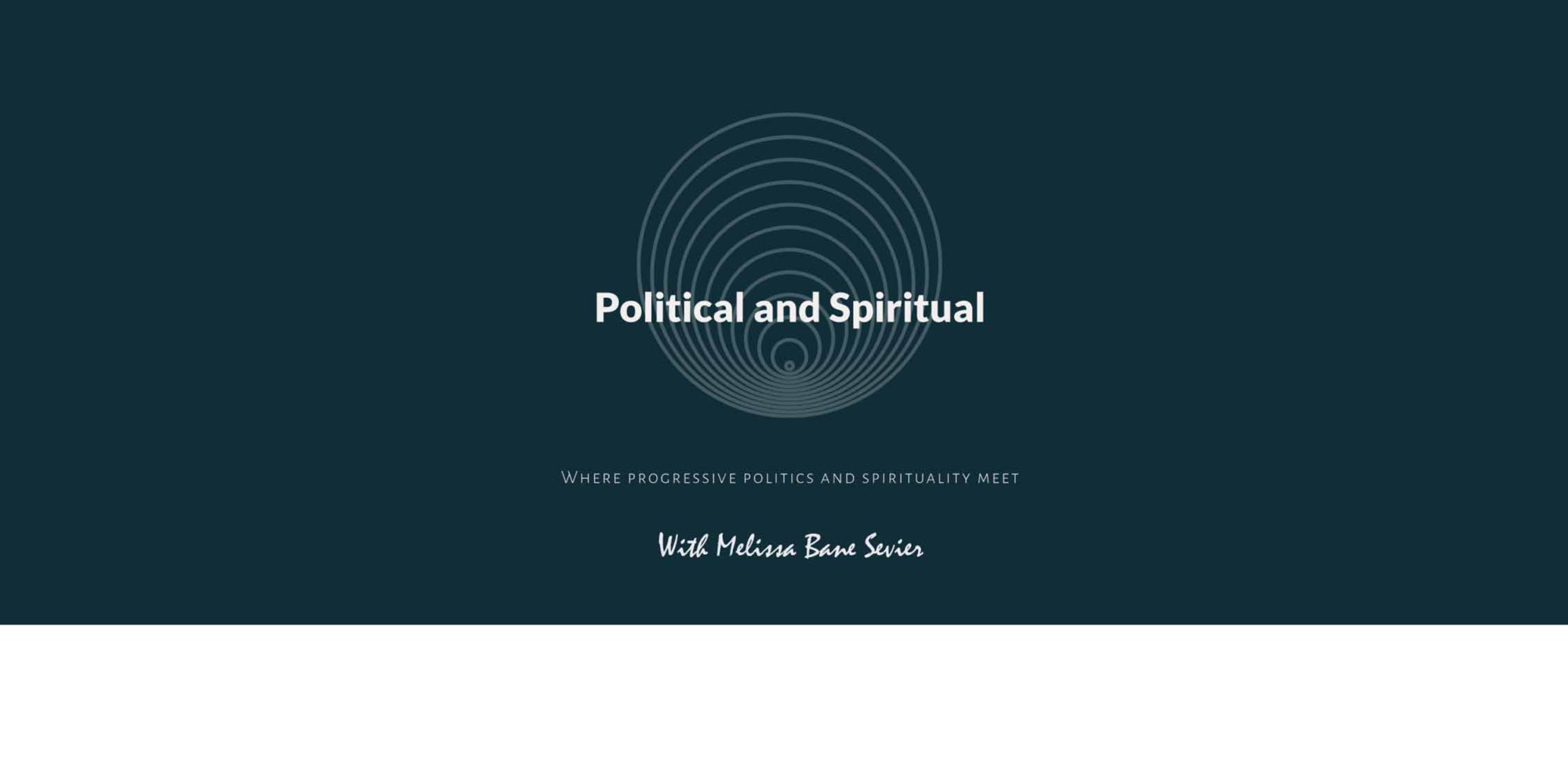“We are in uncharted territory.” That’s a statement I’ve heard and read many times in the last few weeks, and it’s true.
My husband and I once unintentionally sailed through uncharted waters. We actually had a chart, but recent storms had shifted the channel (deep passageway) and we ran aground. It was unexpected. It was disorienting. It was a bit frightening because we no longer knew the parameters of our safety.
The entire world has been thrust into an unexpected situation that is disorienting and sometimes frightening as we face a brand new virus.
What could be spiritual about a virus? Probably nothing. Not everything that touches our spiritual nature does so positively. But any moment in which we are engaged encompasses spiritual elements.
This blog begins a three-part series to explore the personal, community, and public/political intersections between coronavirus and spirituality. I hope you’ll enter the conversation and comment with your own discoveries and impressions.
The personal
Around the globe, many people’s lives have been upended by this pandemic.
The number of sickened and dead is still climbing. Thousands (maybe millions) have lost their jobs or are in fear of that eventuality. Others have found their jobs maximized in terms of hours or risk, or both. Schools have closed, visits to the ill have been limited, businesses and faith gathering spaces have been shuttered for the time being, distancing is encouraged or mandated. So much has changed, and part of the uncertainty is not knowing how long those changes will remain in place or if they may even be intensified.
In all of this, we need to care for each other and for our communities. In order to do that, we have to pay attention to what’s going on within ourselves. Like the airplane instruction that reminds us to put on our own oxygen masks before assisting someone else, self-care is an essential element in caring for other people. We should not be selfish (more about that in part two), but wealso remember that the health of our own bodies, minds, and spirits contributes to the health of the bodies, minds, and spirits of those around us.
Here are a few general principles about self-care (physical, mental, and spiritual – all of which are interconnected and inseparable) during a time of crisis.
- Allow yourself to feel what you feel. Are you angry? Afraid? Bored? Anxious? At the end of your patience? Hopeful? Frustrated? Faithless? Grieving? Relieved that you and your loved ones are healthy? A mix of emotions is normal. Don’t repress them.
- While acknowledging and paying attention to even the most negative emotions, lean on the more positive ones where you can. For me, gratitude is always a movement toward the healthy. I try to keep a mental list of the things and people for which I’m grateful, and I access that list when darker times and emotions threaten. During these times, I keep adding to my list: people who are working so hard for all of us to keep us healthy, or fed, or our utilities working; basics like clean water and shelter. Oh, and toilet paper.
- Seek help when you need it. Are you being overwhelmed by depression, anxiety, hopelessness, fear? Contact a therapist; many of them are working online or by phone to help people just like you.
- Exercise compassion toward yourself and others. This will help to calm you.
- Limit your exposure to constant news sources, while staying abreast of what’s important and essential.
- Stay as physically active as you can.
- Focus on things that bring you comfort, joy, or calm. It’s early spring in Kentucky, so I’ve been spending my off time cleaning out the asparagus bed, shoveling compost, and planting seeds and seedlings. For me, gardening is tangible hope—looking forward to the future of harvesting and cooking what’s being planted.
- Engage. Social isolation is hard on your soul. It’s a strange time when it’s inadvisable to hug, shake hands, or even be in the same room together. Find or make community when possible. Connect by phone or social media. Check on those who are physically or socially at risk. When possible, make those connections “face to face” through electronics. This week I’m coordinating Zoom gatherings of two sets of friends—I need their company!
- Reflect. Meditate. Whether it’s a way of claiming some of your newfound extra time, or something you squeeze in on your way to another shift at the hospital, paying attention to your breath and calming your thoughts will certainly feed your soul, your mental health, and your physical well-being.
- Laugh.
- Share what you’re learning. I hope you’ll do that in comments here.
We’re in this for the long haul, it seems. Take care of yourself, and be well.

© Melissa Bane Sevier, 2020



